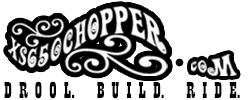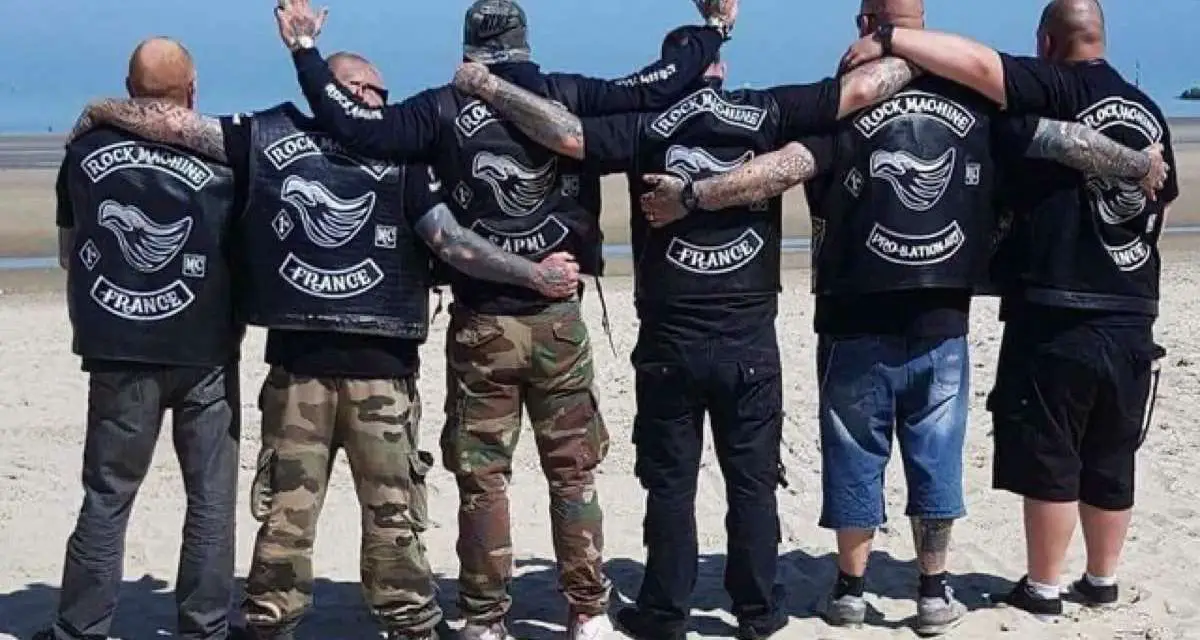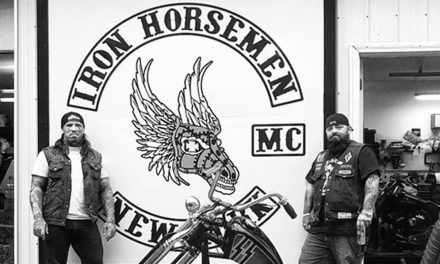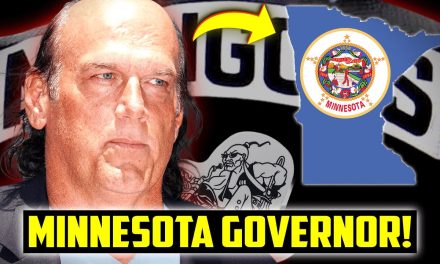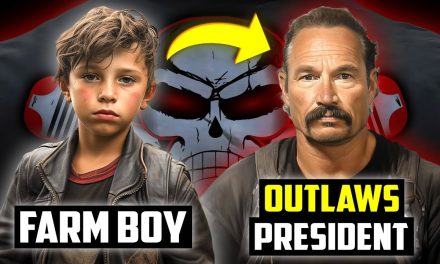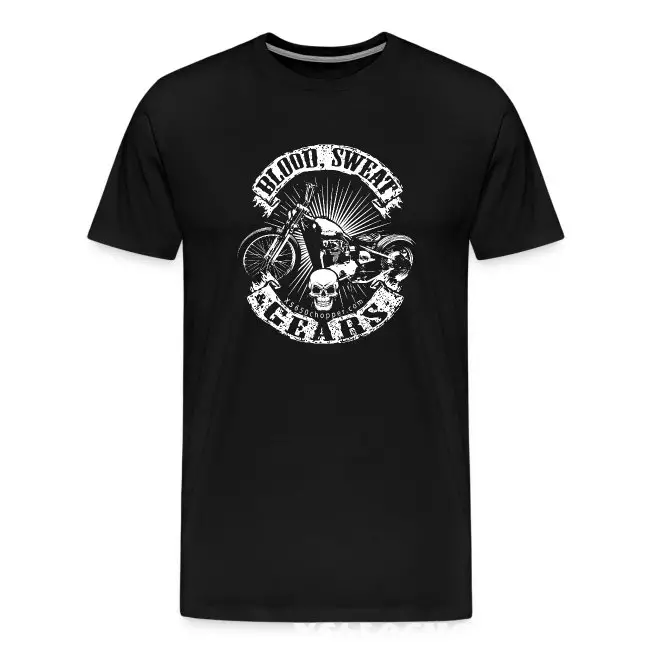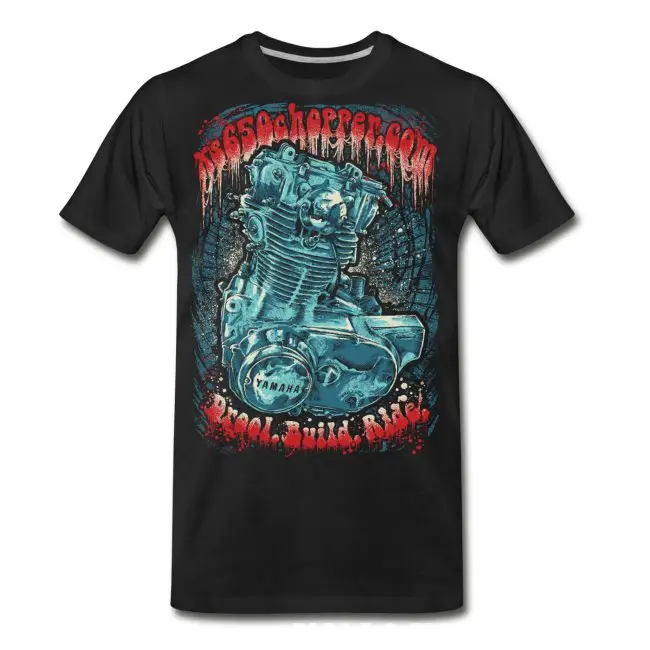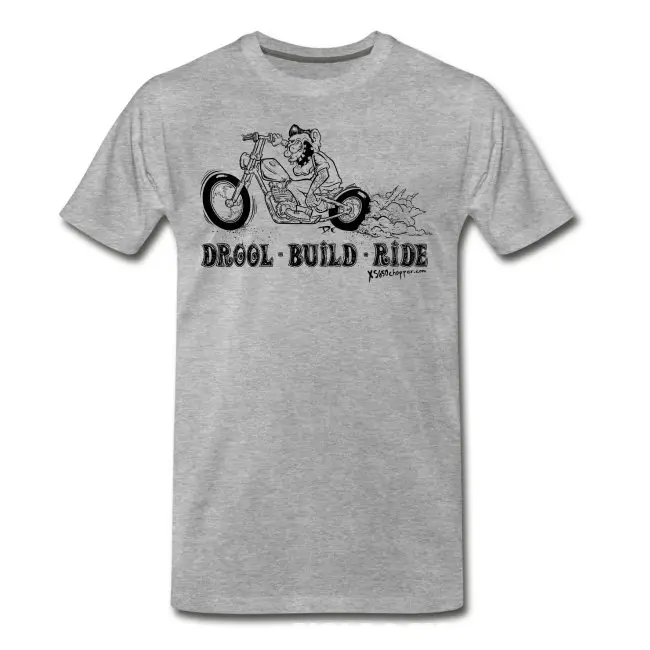The Rock Machine Motorcycle Club started in Montreal, Quebec, and has a story filled with adventure and conflict. Back in 1986, a group of friends decided to create their own motorcycle club. They loved bikes, they loved riding together, and they wanted to make a name for themselves.
Little did they know that their group would become famous around the world. Over the years, the Rock Machine became known for not just their love of motorcycles, but also for some tough times they faced.
One of the biggest challenges for the Rock Machine was a tough battle known as the Quebec Biker War. This was a scary time when different motorcycle clubs were fighting against each other. It wasn’t just about who had the best bikes anymore. It was serious, and many people were talking about it.
Despite these hard times, the club didn’t just stay in Canada. They made friends in many other places and the club grew to be international.
Key Takeaways
- The Rock Machine was first formed by a group of friends in Montreal.
- They were involved in the Quebec Biker War, which was a major event in their history.
- The club expanded internationally and has a significant place in motorcycle culture.
Formation and Early History
The Rock Machine Motorcycle Club began as a bold group in Canada, growing to become a major presence. Two brothers played a big role in making the club what it is.
Origins in Canada
The Rock Machine started in 1986, right in the heart of Montreal, Quebec. They weren’t just another motorcycle club; they were tough and ready to make a name for themselves in the world of bike gangs.
Initial Expansion
The club didn’t stay small for long. They grew fast, as more people in Canada wanted to join their strength. As their numbers got bigger, their power did too. They began influencing many areas, especially in Quebec, where they were born.
Salvatore and Giovanni Cazzetta’s Role
Two brothers, Salvatore and Giovanni Cazzetta, were important in starting the Rock Machine. They stood out as leaders early on. Their decisions and actions shaped the club, pushing it to become more than just a group of friends on bikes—it was becoming a strong biker gang.
The Quebec Biker War
In the late 20th century, the Rock Machine Motorcycle Club got caught in a fierce battle with the rival Hells Angels. This conflict was about who got to control the city of Montreal and its lucrative illegal drug market.
Conflict with the Hells Angels
The Quebec Biker War took off when the Rock Machine opposed the Hells Angels, with both groups wanting more power in Montreal. This war was not just a small argument; it was big and scary, and it went on for years, from 1994 to 2002.
The Hells Angels were not happy when the Rock Machine started to stand up to them. The two groups clashed over who would be the boss of selling illegal items like cocaine, which made a lot of money.
Public Impact and Law Enforcement
The people who lived in Montreal saw some pretty awful things. There were 162 people who lost their lives, and that included folks who were not in the bike clubs, just regular people. Buildings got wrecked from 84 bombings, and there were fires set on purpose, over 130 times.
Maurice Boucher, who led the Hells Angels in Montreal, was a name everybody knew because he was a big part of the war. Even an SS Motorcycle Club came along, trying to help the Rock Machine. Police in Canada had a serious job on their hands, trying to stop the bike clubs, protect the people, and put those breaking the law into jail. They worked hard, always chasing after the clubs and trying to keep peace in Montreal.
Global Expansion and Rebranding
The Rock Machine Motorcycle Club grew from its Canadian roots to have a presence in several countries, including Australia and Sweden. They joined forces with another big club, changing their name and impacting biker culture along the way.
International Chapters
Rock Machine, or RMMC, became more than just a Canadian club. Members from Australia to Sweden and beyond proudly wear the Rock Machine colors. This outlaw motorcycle club can now be found in over 20 worldwide locations, showing a significant growth in their chapters and membership.
Merger with the Bandidos
A big change happened when Rock Machine decided to team up with the Bandidos MC, another well-known biker group. In 2000, they combined forces, which means the Rock Machine name turned into Bandidos chapters in some places. It was like two big biker families coming together to form an even larger family.
Reputation and Cultural Impact
Rock Machine’s story isn’t just about motorcycles; it has a big role in biker history. The club’s actions and the changes it went through have left a mark on how people see bikers. People around the world, including in Sweden and Australia, may think of the club’s past when they hear about motorcycle clubs. Rock Machine has shown that these groups can change and spread far from where they first began.
Contemporary Era and Cultural Significance
The Rock Machine Motorcycle Club has become a key player in the world of outlaw biker clubs. With a presence in many countries, the club’s modern activities and symbols are a distinct part of biker culture.
Current Status and Leadership
The club maintains an international structure, with national presidents providing leadership in various regions. Information about their activities is often shared on their official website. The leadership oversees the club’s direction while upholding their values, which emphasize brotherhood and respect within the outlaw biker community.
The Rock Machine Identity in Modern Times
Today, the Rock Machine name carries a lot of history, especially related to its past conflicts and quest for peace. The club has evolved, promoting a tough but proud image. Their culture and identity are celebrated with motorcycle rides and events that are known for their distinctive style and preference for specific types of motorcycles. They are recognized by their particular set of values, which includes loyalty and a strong sense of camaraderie among members.
